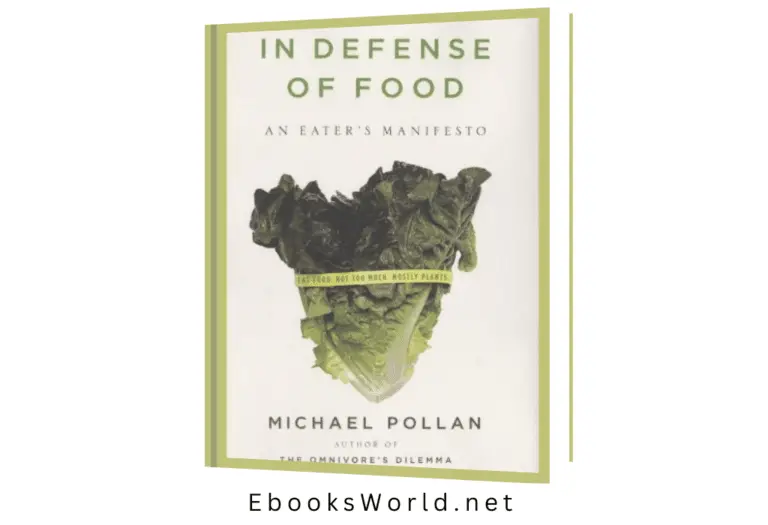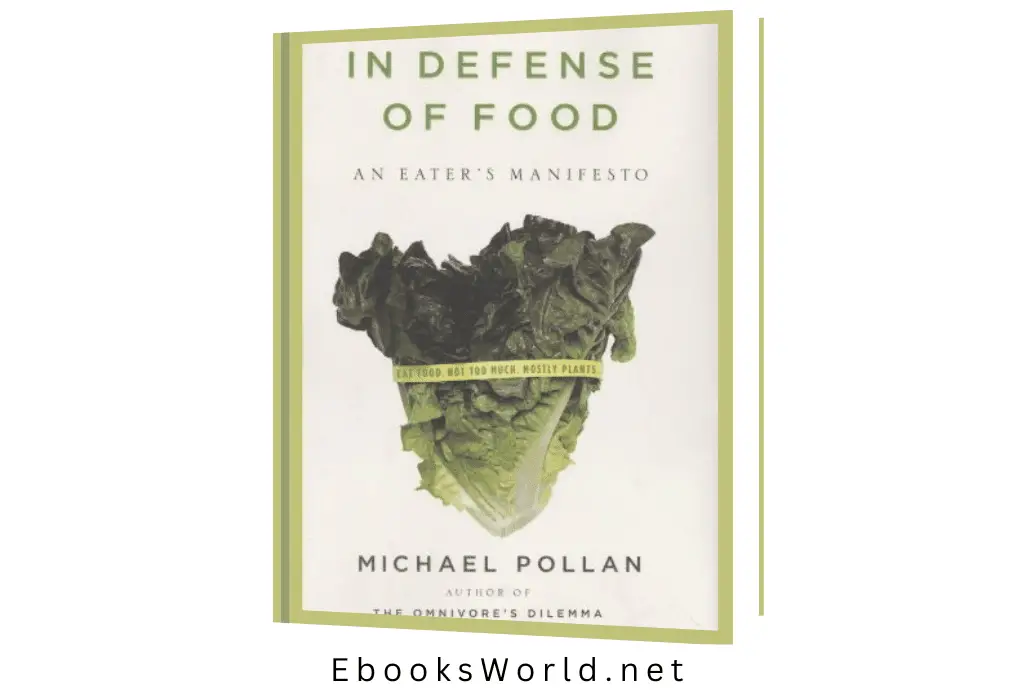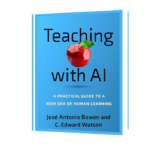Unveiling the Wisdom Within Health Books
In the hustle and bustle of our lives, we often forget to pay attention to one of our most precious assets: our health. Amid the overwhelming sea of information available online, there’s a classic resource that continues to stand the test of time – health books. These literary treasures hold a wealth of knowledge that can be transformative for your well-being. So, why should you dive into the world of health books? Let’s explore.
1. Embark on a Journey of Discovery
Health books are your passport to understanding your body, its intricate functions, and the factors that influence your well-being. From demystifying the complexities of nutrition to unraveling the nuances of exercise physiology, these books are your guide to unlocking the secrets to a healthier life.
2. Empower Yourself with Knowledge
In an era where health trends come and go, knowledge remains timeless. Reading health books empowers you with evidence-based information, enabling you to make informed decisions about your health. Learn about disease prevention, symptoms, and treatment options, so you can actively participate in your healthcare journey.
3. Transform Your Lifestyle
Are you eager to adopt a healthier lifestyle but unsure where to start? Health books offer practical advice and actionable tips to kickstart your transformation. Discover the art of mindful eating, effective workout routines, stress management techniques, and habits that promote well-being.
4. Nourish Your Mind, Boost Your Mood
Health is not just about the body; it’s also about the mind. Dive into the pages of health books to find strategies for boosting your mental resilience. Learn how to manage stress, cope with anxiety, and cultivate a positive mindset – essential tools for a well-balanced life.
5. Champion Family and Community Health
Your journey toward better health doesn’t have to be a solo adventure. Health books equip you to become a health advocate for your family and community. Share insights on preventive measures, healthy habits, and the importance of well-being, fostering a culture of health around you.
6. Stay Ahead of the Curve
Health is a dynamic field with new discoveries constantly emerging. By reading health books, you stay up-to-date with the latest research and trends, ensuring your knowledge remains relevant and cutting-edge.
7. Find Inspiration in Every Chapter
Within the pages of health books, you’ll encounter stories of transformation, motivational anecdotes, and advice from experts. These stories inspire you to set and achieve your health goals, whether it’s shedding a few pounds, achieving fitness milestones, or finding inner peace.
8. Embrace a Holistic Approach
Health isn’t just physical; it’s a holistic concept. Health books delve into a range of topics, from nutrition and fitness to emotional well-being and spiritual growth. By embracing a holistic approach, you can experience a deeper level of well-rounded wellness.
9. Your Source of Trustworthy Information
In a digital age flooded with contradictory information, health books stand as reliable sources of expert-backed knowledge. Choose books from reputable authors and publishers to ensure you’re receiving accurate and trustworthy information.
10. Begin Your Wellness Odyssey
Ready to embark on a journey of self-discovery, empowerment, and well-being? Pick up a health book and let the pages transport you into a world of vitality and vitality. Start your wellness odyssey today and rewrite your health story, one chapter at a time.
In the digital age, where information is at our fingertips, health books remain timeless treasures that enrich our lives with wisdom and guidance. So, why wait? Open a health book and let the adventure begin. Your well-being is worth every page turn.
Our Recommendations
In Defense Of Food: In Eater’s Manifesto

In Defense of Food” by Michael Pollan is a thought-provoking exploration of the modern Western diet, its impact on health, and a call to return to a more traditional and balanced way of eating. With a focus on real food and a deep understanding of nutrition, Pollan offers practical advice on how to navigate the confusing landscape of nutrition information and make healthier food choices.
Key Concepts:
1. Nutritionism vs. Whole Foods: Pollan challenges the concept of “nutritionism,” which reduces food to its nutrient components. He advocates for a return to whole foods – those that our ancestors recognized as food – rather than relying on highly processed and artificially fortified products.
2. Eat Real Food: Pollan introduces the mantra “Eat food. Not too much. Mostly plants.” He emphasizes the importance of choosing minimally processed, recognizable foods over packaged products with long ingredient lists.
3. The Western Diet: The book delves into the pitfalls of the Western diet, characterized by high consumption of refined carbohydrates, added sugars, and unhealthy fats. Pollan discusses how this diet contributes to the rise of chronic diseases like obesity, diabetes, and heart disease.
4. Industrial Food System: Pollan sheds light on the industrial food system and its negative impact on both human health and the environment. He encourages readers to support local, sustainable agriculture and reconnect with the sources of their food.
5. Food Labels and Marketing: Pollan provides insights into the manipulation of food labels and marketing tactics used by the food industry. He advises readers to be critical of health claims and labels that might not reflect the true nutritional value of a product.
6. Nutritional Science Complexity: The book acknowledges the complexity of nutritional science and the limitations of reductionist approaches. Pollan argues that focusing solely on individual nutrients can lead to confusion and unhealthy dietary choices.
7. Culinary Wisdom: Drawing from traditional diets and culinary wisdom from various cultures, Pollan emphasizes the importance of cooking at home and enjoying meals with family and friends. He suggests that the act of cooking and sharing meals is as important as the nutritional content.
8. Personal Responsibility: Pollan encourages readers to take personal responsibility for their food choices by becoming more informed consumers. He emphasizes the power of informed choices to drive positive change in both personal health and the food industry.
Takeaway:
“In Defense of Food” is a clarion call to reclaim a healthier and more mindful relationship with food. Michael Pollan’s insightful analysis of the modern food landscape challenges readers to reconsider their dietary choices and prioritize whole, real foods. By following his simple yet profound principles, readers can make strides toward improved health and well-being while fostering a deeper connection to the food they consume.
Please note that this summary is a condensation of the book’s key concepts and themes and does not capture the full depth and nuance of the original work.







